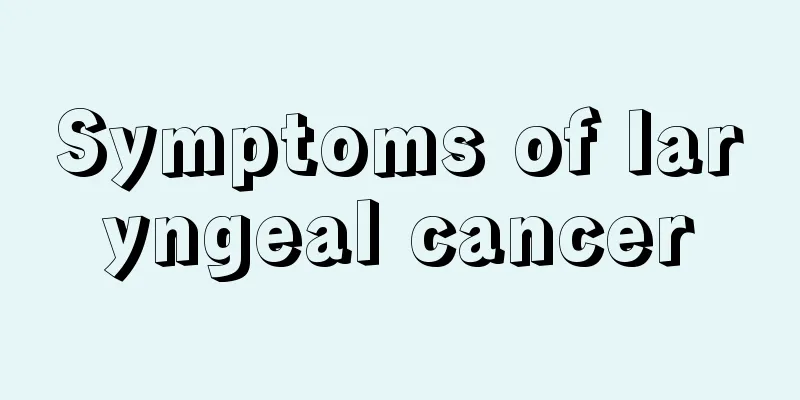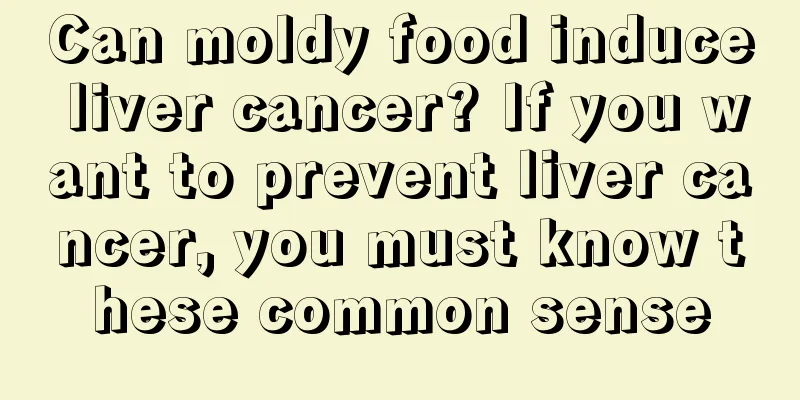Symptoms of progressive bulbar palsy

|
Progressive bulbar palsy is a type of motor neuron disease. Patients will show progressive dysphagia or weakness of the chewing muscles. This disease can also cause aspiration pneumonia, suffocation, etc., which are life-threatening. 1. Cause It is a group of chronic progressive degenerative diseases with unknown etiology that selectively invade the anterior horn cells of the spinal cord, the posterior motor neurons of the brainstem, the cortical pyramidal cells and the pyramidal tract. 2. Clinical manifestations The clinical features are the coexistence of symptoms and signs of upper and lower motor neuron damage, manifested as different combinations of muscle weakness, muscle atrophy and pyramidal tract signs. Sensation and sphincter function are generally not affected. The specific manifestations are atrophy of the tongue muscles, coughing when eating, choking when drinking water through the nostrils, unclear speech, hoarseness, and often accompanied by scoliosis and weakness of the head; the pharyngeal reflex disappears, the soft palate cannot move, and the tongue muscle bundles tremble. The disease often develops after the age of 40 and affects more men than women. The average survival period after the onset of the disease is 2 to 3 years. Symptoms include coughing when drinking water, difficulty swallowing, weakness in chewing, coughing and breathing, and dysarthria; examination shows a drooping upper palate, absent pharyngeal reflex, accumulation of saliva in the pharynx, and obvious atrophy of the tongue muscles accompanied by fasciculations. Involvement of the corticobulbar tract causes hyperreflexia of the jaw, which is accompanied by strong crying and laughing in the later stage, and the coexistence of true and pseudoparalysis. The disease progresses rapidly and has a poor prognosis, with most patients dying from respiratory muscle paralysis and lung infection within 1 to 3 years. 3. Treatment Because the cause of the disease is not yet clear, there is no effective measure to prevent the progression of the disease. 1. Treatment of the cause If the patient is suspected of having a history of chronic heavy metal poisoning, further investigation should be carried out for early prevention and treatment. 2. Symptomatic treatment For those with dysphagia, a nasogastric tube should be placed to feed them a semi-liquid diet. For those with a lot of secretions, tracheotomy may be performed if necessary. For advanced patients, care should be strengthened and aspiration pneumonia should be prevented. |
<<: What is the reason for pale complexion
>>: What are the symptoms of acute encephalitis?
Recommend
4 X-ray morphologies of gastric lymphoma
Patients with gastric lymphoma may experience ind...
Treatment for herpes on the body
I believe everyone has experienced herpes. The re...
What are the causes of hemophagocytic syndrome?
Hemophagocytic syndrome is a very harmful disease...
What are the causes of gastric cancer? Pay attention to these three aspects
The cause of gastric cancer is not particularly c...
Is it good to run in the morning on an empty stomach?
Many friends who want to lose weight believe that...
What is the diagnostic order of small cell lung cancer
What is the diagnostic sequence of small cell lun...
Which is the best hospital for treating nasopharyngeal carcinoma
What is the best hospital for treating nasopharyn...
My mouth stinks when I wake up in the morning
The most direct cause of bad breath is bacteria i...
How to prevent bladder cancer
In recent years, bladder cancer has become one of...
The efficacy and function of chestnut wine
Everyone must have eaten chestnuts. What we often...
What is the effect of washing your face with milk
Washing your face with milk has a lot of benefits...
There are horizontal lines on the fingernails
People's fingernails may indicate the onset o...
Will birthmarks be passed on to children?
Birthmarks are very common in life. Many people h...
What are the methods of caring for lung cancer? The 4 best methods of caring for lung cancer
The mortality rate of lung cancer has always rema...
Can fresh lotus seeds be eaten raw
Whenever autumn comes, lotus pods grow after the ...









